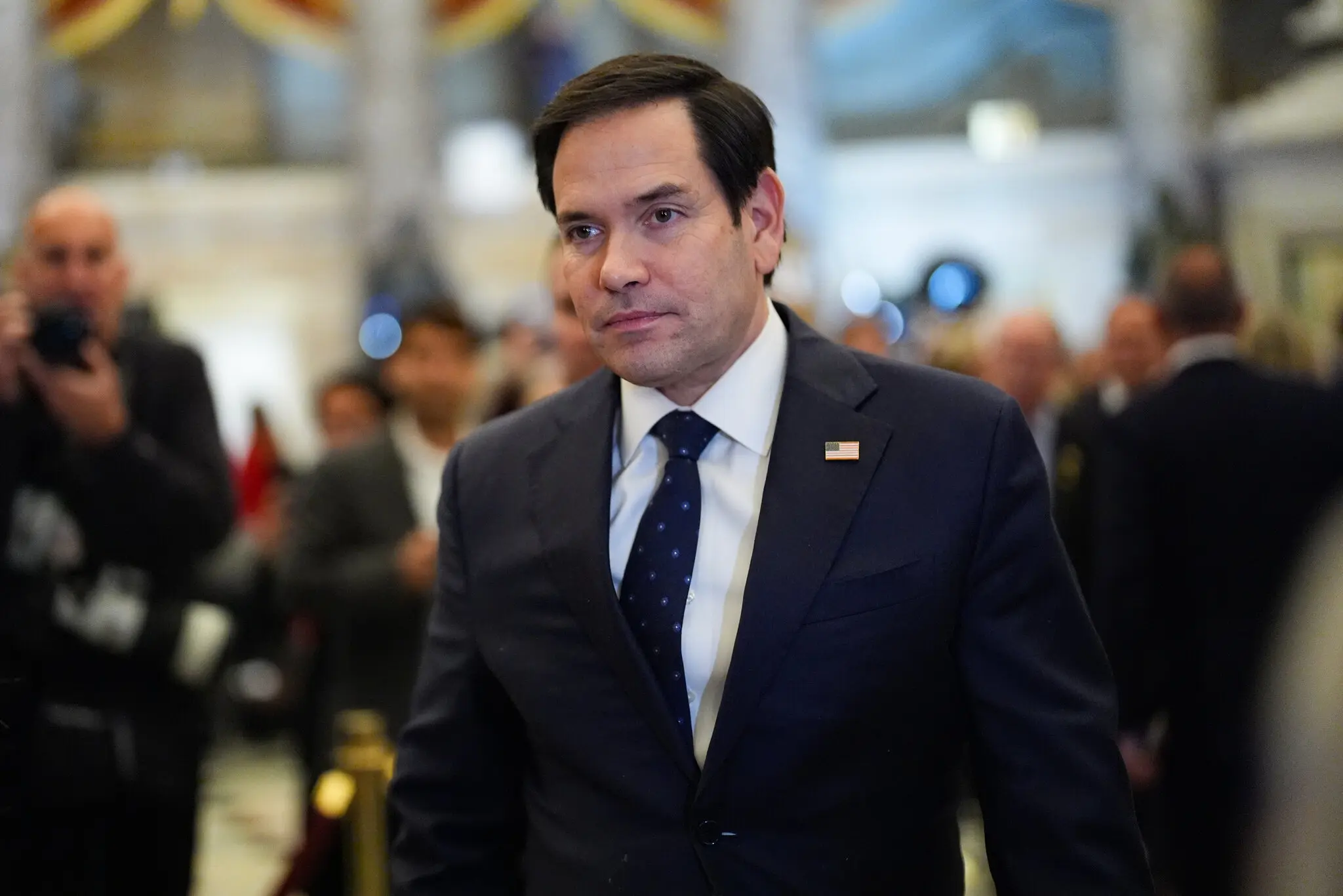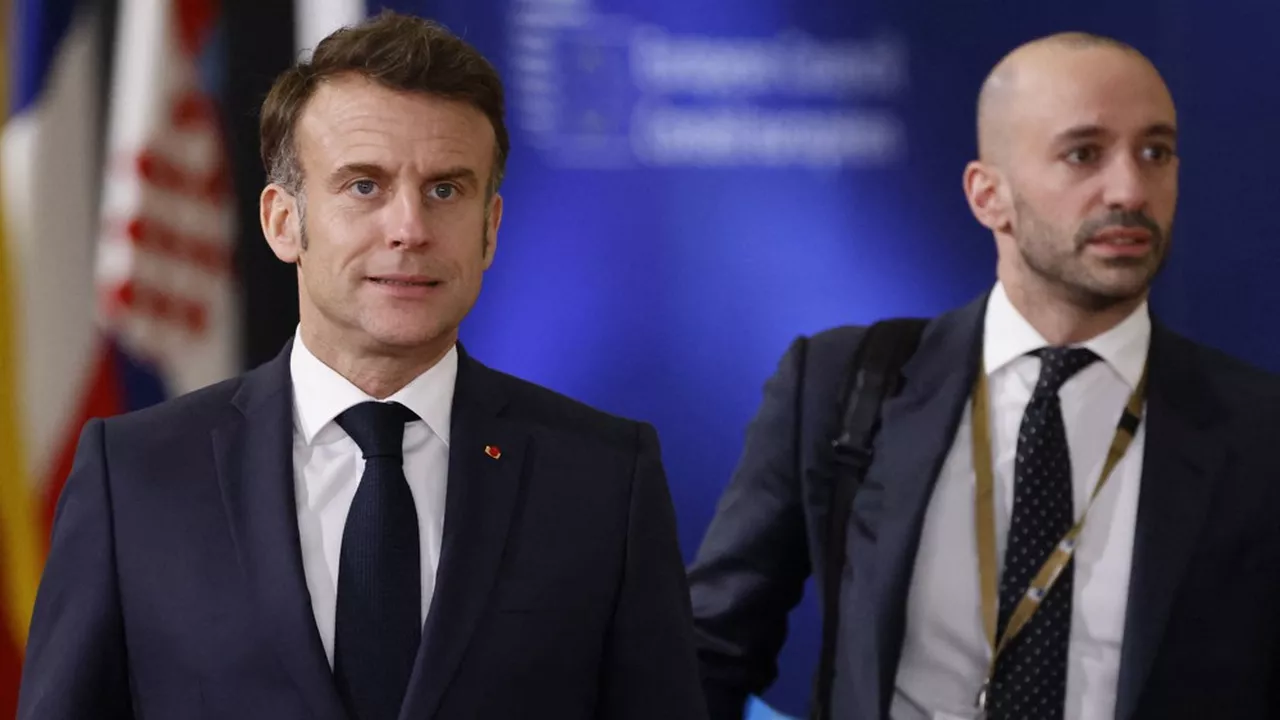State Department to Initiate Mass Layoffs Amid Budget Restructuring, Sparking Diplomatic Alarm
The U.S. State Department is preparing for a wave of mass layoffs as part of a broader budget restructuring effort, raising concerns among diplomats and foreign policy experts about national security, global engagement, and operational readiness.
In a move that has sent ripples through diplomatic circles at home and abroad, the U. S. State Department is preparing to implement a wave of mass layoffs in the coming weeks, according to multiple sources familiar with the matter.
The decision, which stems from a major internal budget restructuring effort, has sparked intense concern among diplomats, foreign service officers, and global partners alike. The layoffs, which are expected to affect hundreds of employees across bureaus—including consular affairs, public diplomacy, and administrative services—represent one of the largest personnel reductions in the agency's recent history. Internal communications reviewed by reporters suggest the cuts will begin as early as next month, with voluntary buyouts offered to senior staff and involuntary separations targeting lower-tier and contract-based positions.
Why the Cuts? A Budget Under PressureSenior department officials have cited significant financial strain and the need to 'realign resources with 21st-century priorities' as primary justifications for the layoffs. While the agency’s overall budget has remained steady in nominal terms, inflation, overseas cost increases, cybersecurity investment, and a shift in global priorities have stretched resources thin. A confidential internal memo from the Office of Management and Planning outlines the strategy: 'The Department must undergo a reorganization that reflects current geopolitical realities and operational demands, particularly in the Indo-Pacific, cyber diplomacy, and international development.
This necessitates workforce streamlining in legacy functions. 'However, critics argue the decision is shortsighted and potentially damaging to the United States’ global influence and national security. Diplomatic Fallout and Concerns Over ReadinessSeveral current and former diplomats expressed alarm that the cuts will reduce America's capacity to conduct diplomacy at a time of rising international tensions.
“This is a terrible moment to downsize,” said Anne Patterson, a former U. S. Ambassador to Egypt and Assistant Secretary of State.
“From Russia’s aggression to China’s assertiveness, we need fully staffed embassies and consulates—not empty desks. ”The reduction in staff may also slow down critical functions such as visa processing, consular assistance, and cultural diplomacy. The Bureau of Consular Affairs is already grappling with backlogs in passport and visa applications due to post-pandemic demand.
“This will impact American citizens abroad and foreign nationals seeking to travel, study, or invest in the U. S. ,” warned John Feeley, a former ambassador who now advises NGOs on U.
S. engagement. “Soft power is exercised through people—not press releases.
”Internal Anxiety and Staff BacklashInside the department, morale is plummeting. Career foreign service officers and civil servants say communication around the layoffs has been inconsistent, with some learning of possible redundancy from leaked emails or hallway chatter rather than formal notices. An anonymous mid-level officer in the Bureau of International Organization Affairs told reporters: “It feels like we’re being quietly dismantled.
People are walking on eggshells, not knowing if their work will still exist next quarter. ”The American Foreign Service Association (AFSA), the union representing U. S.
diplomats, has demanded greater transparency from leadership and is preparing to contest some of the proposed cuts. “We understand the need to modernize and reallocate,” said AFSA President Eric Rubin. “But this cannot come at the expense of mission-critical personnel or without due process.
These are not just numbers—these are careers and institutions. ”Political Reactions: Caution and CriticismOn Capitol Hill, reaction has been mixed. While some lawmakers from both parties acknowledge the need for strategic fiscal planning, others are urging the administration to reconsider the scale and timing of the cuts.
Sen. Chris Coons (D-DE), chair of the Appropriations Subcommittee on State and Foreign Operations, said in a statement: “A well-resourced diplomatic corps is not a luxury—it is essential to America’s global leadership. I urge the Department to proceed cautiously and transparently.
”Republican Senator Lindsey Graham (R-SC), often a hawkish voice on foreign policy, called the layoffs 'potentially reckless' given the current geopolitical landscape. “Diplomacy is our first line of defense,” he said. “Undermining it weakens our deterrence against threats.
”Global Repercussions: Allies and Adversaries WatchingInternational observers are also taking note. Embassies in allied nations, particularly in Europe and Asia, have begun asking for clarification about how the cuts may affect diplomatic engagement, military coordination, and humanitarian initiatives. “This kind of retrenchment sends signals—whether intentional or not,” said Dr.
Sandra Watanabe, a foreign policy fellow at Chatham House. “To allies, it can suggest disengagement. To adversaries, it may suggest disarray.
”Some fear the vacuum created by reduced American diplomatic presence will be quickly filled by countries like China and Russia, both of which have recently expanded their soft power initiatives in Africa, Southeast Asia, and Latin America. Historical Context: A Rare Move in Modern TimesThe State Department has not experienced layoffs of this magnitude since the early 1990s, following the Cold War’s end. Even during the Trump administration’s attempted budget cuts, Congress largely shielded the Department from massive staffing reductions.
“It’s a myth that diplomacy is bloated or inefficient,” said career diplomat Karen Suttler. “In reality, our embassies operate with lean teams compared to other global powers. Every person removed means one less connection, one less capability.
”Path Forward: Mitigation and ReassessmentIn response to criticism, the State Department has said it will set up a task force to oversee transition efforts, support displaced employees, and assess long-term structural needs. There are also rumors that some layoffs could be reversed if Congress allocates additional funding in next year’s appropriations cycle. Secretary of State Antony Blinken has yet to make a detailed public statement on the matter, but aides say he is expected to address the issue in upcoming congressional testimony.
Meanwhile, AFSA and other internal advocacy groups are lobbying for the preservation of key roles in regions deemed at high diplomatic risk, including Ukraine, Taiwan, and several African conflict zones. Conclusion: A Critical Test for U. S.
Foreign Policy CredibilityThe looming State Department layoffs may save dollars in the short term, but many warn they could cost the U. S. far more in lost influence, delayed negotiations, and weakened alliances.
As diplomacy faces renewed importance in the face of global conflict, climate challenges, and cyber threats, the choice to scale back America’s frontline messengers may prove to be a defining—and regrettable—moment in U. S. foreign policy.
“It’s hard to rebuild once you dismantle,” said Ambassador Feeley. “We should be investing in diplomacy, not gutting it. ”.
20th july 2025



